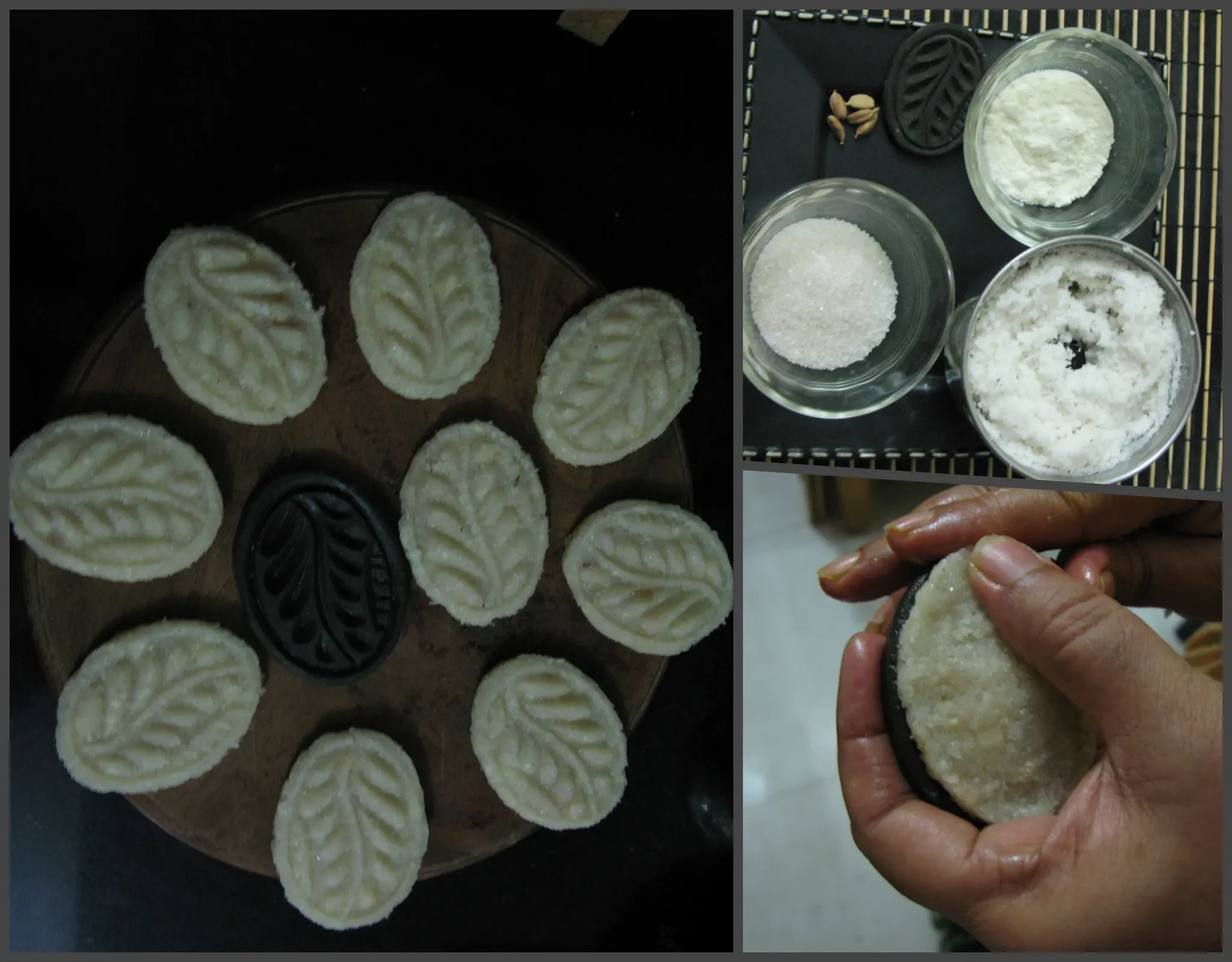Bengalis are considered food lovers (khadya-rashik). For them, any sumptuous Bengali meal is always incomplete without a sweet dish. Just like any French meal, which would remain incomplete without a bottle of exquisite French wine.
I was not a big fan of sweets earlier, but when you live with someone for a long period of time, you quickly start to adapt some of your partner’s habits, be it deliberately or inadvertently. Maybe sometimes for the good or worst - so is my case. My sweet S, unlike me, does love his sweets quite ardently. With us, desserts do not necessarily need to be complicated or fancy; they simply have to be labeled dessert. Sometimes, only a piece of quality bittersweet chocolate will do, especially after the main meal, be it lunch or dinner.
Well-known Bengali sweets are generally made of milk products and sugar, be it sweetened cottage cheese (chhena), khoa (reduced solidified milk). Sometimes even flours of different cereals and pulses are used to prepare and embellished with nuts, raisins, or grated coconut.
For quite a long time, I was craving Narkol sondesh (grated coconut sweet). But somehow things were not in my favor, and it didn’t get prepared. Much like other aspects of life, it takes a bit of perspiration and lots of inspiration. At last, I had to ask hesitatingly to my Sondesh guru and my inspirer (mil) to prepare for me, which she accepted, considering my situation… peut-etre!
I learned to prepare this from her, but today I will recite my joy of eating for the one she prepared on my request to tantalize my tongue.
Simple to prepare
- Mix sugar powder and grated coconut paste.
- Place the mixture over the heat and stir constantly to avoid lumps.
- When the sugar melts, add milk powder and remove the pan from the heat. Stir a few more times.
- Add the cardamom powder and mix again.
- Now cool it a little and then smear the stone mold with oil; Press sugary-coconut on the mold to decorate their upper surface occasionally with the help of water.
These sweets are commonly prepared for religious festivals or marriage or offering to the household deity. But as I said, today it was prepared for me.

